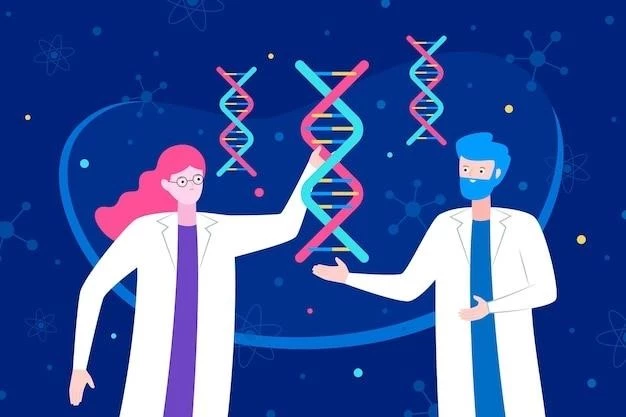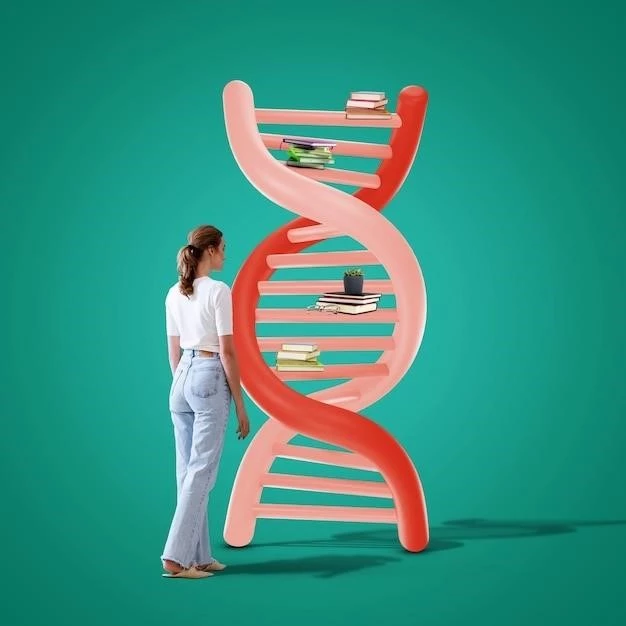– Genetic Mutations Leading to Deletions on Chromosome 14q
Genetic mutations can cause deletions on chromosome 14q, leading to structural abnormalities. Errors during cell division or inherited genetic changes can result in this deletion, impacting the genetic material on the long arm of chromosome 14.
– Environmental Factors Influencing Chromosome Abnormalities
Environmental factors like exposure to radiation, chemicals, or toxins can contribute to chromosome abnormalities including deletions on chromosome 14q. Maternal age and lifestyle choices during pregnancy may also play a role in the development of these genetic changes.
– Developmental Delays and Intellectual Disabilities
Individuals with partial deletions on chromosome 14q may experience developmental delays, including delays in speech and motor skills. They might also exhibit intellectual disabilities, learning difficulties, and behavioral challenges that require specialized support and interventions.
– Physical Anomalies and Health Issues Associated with 14q Deletions
Partial deletions on chromosome 14q can lead to a range of physical anomalies and health issues such as heart defects, kidney abnormalities, vision or hearing impairments, and skeletal abnormalities. These individuals may require multidisciplinary medical care to address their complex health needs.
– Genetic Testing Techniques for Detecting Chromosome Abnormalities
Genetic testing methods like chromosomal microarray analysis (CMA) and fluorescence in situ hybridization (FISH) are utilized to identify chromosome 14q deletions. These diagnostic tools help healthcare professionals pinpoint specific genetic variations that contribute to the individual’s condition.
– Importance of Early Diagnosis and Intervention
Early diagnosis of chromosome 14q deletions allows for timely access to specialized care and developmental interventions. Early intervention programs٫ therapies٫ and educational support can significantly improve outcomes for individuals with these genetic abnormalities٫ enhancing their quality of life and maximizing their potential.
– Therapies Addressing Developmental and Medical Needs
Individuals with chromosome 14q deletions may benefit from a range of therapies including physical, occupational, and speech therapy tailored to address developmental delays and medical needs. These therapies aim to improve motor skills, communication abilities, and overall quality of life for affected individuals.
– Surgical Interventions for Specific Health Concerns
In some cases of chromosome 14q deletions٫ surgical interventions may be needed to address specific health concerns such as heart defects or skeletal abnormalities. These procedures are aimed at improving overall health outcomes and addressing specific medical issues that arise due to the genetic deletion.
– Current Studies on Understanding the Mechanisms of 14q Deletions
Ongoing research is focused on elucidating the mechanisms underlying chromosome 14q deletions, aiming to uncover how these genetic changes impact development and health. Advanced genetic technologies and collaborative efforts provide insights into potential targeted therapies and interventions to improve outcomes for individuals affected by these deletions.
– Potential Breakthroughs in Treatment Approaches
Research advancements in chromosome 14q deletions may lead to innovative treatment approaches, including gene therapies and targeted interventions tailored to address specific symptoms. These potential breakthroughs offer hope for improved management of the condition and enhancing the quality of life for individuals with these genetic abnormalities.
– Long-Term Prognosis for Individuals with 14q Deletions

The long-term outlook for individuals with 14q deletions varies based on the specific genetic changes and associated health conditions. Early interventions, supportive care, and ongoing monitoring can positively impact the prognosis, with advancements in treatments offering hope for improved quality of life and well-being in the future.
– Factors Influencing Quality of Life and Life Expectancy
Quality of life and life expectancy for individuals with chromosome 14q deletions are influenced by various factors such as the extent of genetic abnormalities, access to healthcare, therapeutic interventions, family support, and the individual’s overall health. Multidisciplinary care and personalized treatment plans can positively impact both quality of life and life expectancy for affected individuals.
– Support Groups and Organizations Providing Assistance
Support groups and organizations play a crucial role in offering emotional support, information, and resources to individuals and families affected by chromosome 14q deletions. These groups provide a sense of community, advocacy, educational materials, and access to services that can enhance the overall well-being of those living with this condition.
